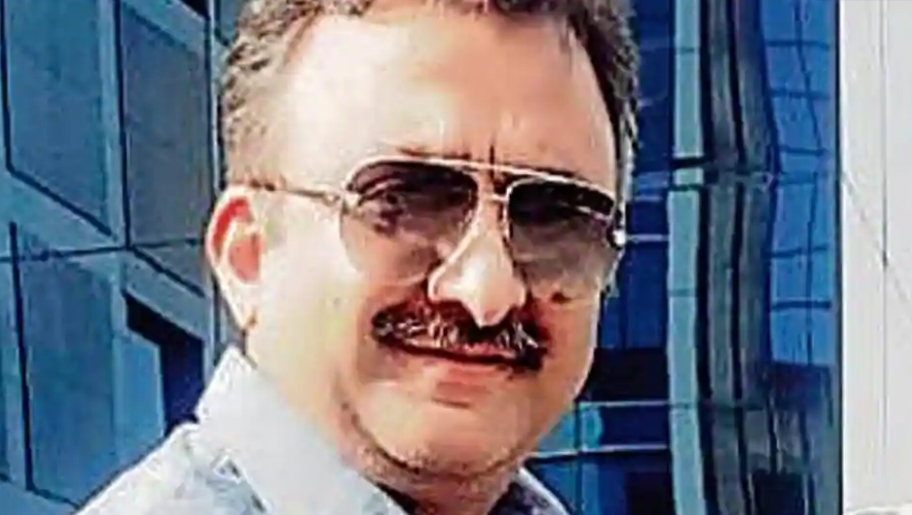Having access to a phone that he could use to video-call his family and watch Netflix, he did not feel disconnected during his 14-day isolation at the hospital that ended on Saturday.
“It was unbelievable. The isolation ward at Safdarjung hospital was not what I imagined a government hospital ward to be. It was no less than a luxury hotel. The staff also maintained a high level of hygiene – cleaning all surfaces and changing linens twice a day,” 45-year-old Rohit Dutta, Delhi’s first Covid-19 positive patient who has recovered from the infection, said on Sunday.
Having access to a phone that he could use to video-call his family and watch Netflix, he did not feel disconnected during his 14-day isolation at the hospital that ended on Saturday.
Dutta spoke to Hindustan Times on Sunday from his house in Mayur Vihar, where he has been asked to remain in 14-day home quarantine.
Dutta said he used to perform pranayam twice a day and read the ‘Chanakya Niti’ in the one-room setup allotted to him at the Safdarjung hospital, which has set up a two-storey isolation facility.
Dutta said he found the staff at the hospital very helpful. “When I first tested positive, I was scared. It is a new disease and I thought I might die. But the doctors came in and they explained that I had mild symptoms – just a cough and fever – and was likely to recover,” said Dutta. “As for the nurses and cleaning staff, I thanked them for putting their lives in danger, and they told me that it was a profession that they had chosen, it was their duty and I did not need to thank them,” he said.
He recalled the phone conversation he had with Union health minister Harsh Vardhan on Holi.
“The health minister called me and wished me on Holi. He asked how I was feeling, whether I had any problems, whether I liked the food at the hospital. He said that he and the PM were personally monitoring the condition of all the Covid-19 patients. Imagine the health minister of the country calling! I am a common man,” he said.
Dutta, who runs a company that makes technical textile used on the tip of shoes, travelled to Italy mid-February to attend a leather exhibition. “I went there for work. How was I to know that I would get this disease? At the time I travelled, there were no news reports of an outbreak in Italy,” he said.
He travelled to the European country with two of his brothers-in-law, who also got the infection and transmitted it to four other members of the family in Agra. All seven were admitted to Safdarjung hospital and were discharged on Saturday.
From Europe, they reached Delhi on February 25 and the same night Dutta got a fever. “I was perfectly healthy when I was in Europe. All three of us used to walk around 25,000 steps a day; that’s not a sick person. I wasn’t screened at the airport and at the time I did not even have symptoms. I got the fever only at night,” he said.
He took a paracetamol and went to bed. The next morning he visited the clinic of a local physician who prescribed medicines for three days. His symptoms subsided and he did not think too much of it. “February 28 was my son’s birthday and I organised a small get-together at the Hyatt. My wife, two children, and mother along with the families of two of my friends, whose children are my son’s classmates, were present,” he said. That night, he got a fever again.
By then, the news of a Covid-19 outbreak in Italy started coming in. “I got scared. My wife and a friend asked me to get tested. So we went to Ram Manohar Lohia hospital. There was a separate counter where I had to fill out a form. I had to check the box that said I had fever. Others were coming and going but because I had fever, the doctors there asked me to get admitted,” said Dutta.
Next evening, he tested positive and was moved to Safdarjung hospital within 30 minutes. “The authorities are working very hard to contain the disease. Within 30 minutes of me testing positive, they were at my house to test my family members and the house of my friends. The next day they tested people at the school too,” he said.
Dutta hoped that his experience will encourage others to come forward if they have symptoms and accurately report their travel histories. “If they don’t they are risking their lives and that of his loved ones,” he said.

